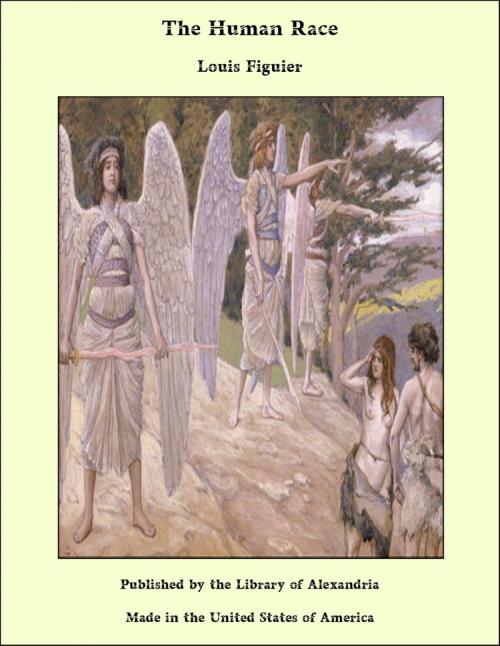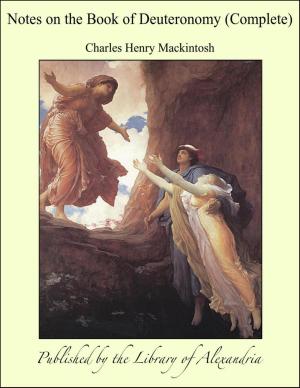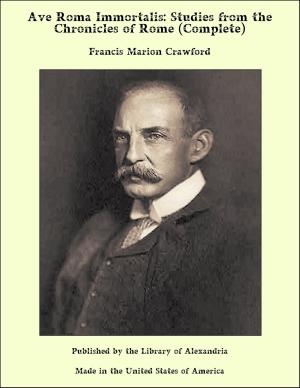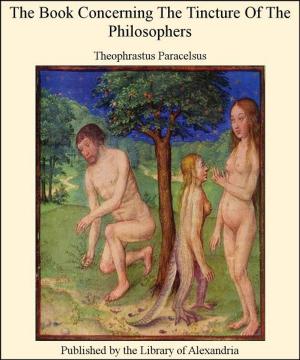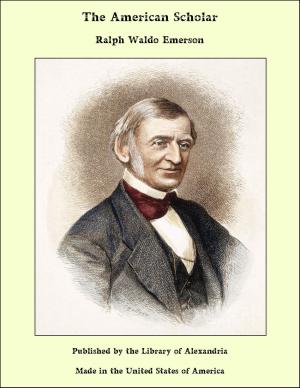| Author: | Louis Figuier | ISBN: | 9781465611345 |
| Publisher: | Library of Alexandria | Publication: | March 8, 2015 |
| Imprint: | Language: | English |
| Author: | Louis Figuier |
| ISBN: | 9781465611345 |
| Publisher: | Library of Alexandria |
| Publication: | March 8, 2015 |
| Imprint: | |
| Language: | English |
What is man? A profound thinker, Cardinal de Bonald, has said: “Man is an intelligence assisted by organs.” We would fain adopt this definition, which brings into relief the true attribute of man, intelligence, were it not defective in drawing no sufficient distinction between man and the brute. It is a fact that animals are intelligent and that their intelligence is assisted by organs. But their intelligence is infinitely inferior to that of man. It does not extend beyond the necessities of attack and defence, the power of seeking food, and a small number of affections or passions, whose very limited scope merely extends to material wants. With man, on the other hand, intelligence is of a high order, although its range is limited, and it is often arrested, powerless and mute, before the problems itself proposes. In bodily formation, man is an animal, he lives in a material envelope, of which the structure is that of the Mammalia; but he far surpasses the animal in the extent of his intellectual faculties. The definition of man must therefore establish this relation which animals bear to ourselves, and indicate, if possible, the degree which separates them. For this reason we shall define man: an organized, intelligent being, endowed with the faculty of abstraction. To give beyond this a perfectly satisfactory definition of man is impossible: first, because, a definition, being but the expression of a theory, which rarely commands universal assent, is liable to be rejected with the theory itself; and secondly, because a perfectly accurate definition supposes an absolute knowledge of the subject, of which absolute knowledge our understanding is incapable. It has been well said that a correct definition can be furnished by none but divine power. Nothing is more true than this, and were we able to give of our own species a definition rigorously correct, we should indeed possess absolute knowledge. The trouble we have to define aright the being about to form the subject of our investigation is but a forecast of the difficulties we shall meet when we endeavour to reason upon and to classify man. He who ventures to fathom the problems of human nature, physical, intellectual or moral, is arrested at every step. Each moment he must confess his powerlessness to solve the questions which arise, and at times is forced to content himself with merely suggesting them.
What is man? A profound thinker, Cardinal de Bonald, has said: “Man is an intelligence assisted by organs.” We would fain adopt this definition, which brings into relief the true attribute of man, intelligence, were it not defective in drawing no sufficient distinction between man and the brute. It is a fact that animals are intelligent and that their intelligence is assisted by organs. But their intelligence is infinitely inferior to that of man. It does not extend beyond the necessities of attack and defence, the power of seeking food, and a small number of affections or passions, whose very limited scope merely extends to material wants. With man, on the other hand, intelligence is of a high order, although its range is limited, and it is often arrested, powerless and mute, before the problems itself proposes. In bodily formation, man is an animal, he lives in a material envelope, of which the structure is that of the Mammalia; but he far surpasses the animal in the extent of his intellectual faculties. The definition of man must therefore establish this relation which animals bear to ourselves, and indicate, if possible, the degree which separates them. For this reason we shall define man: an organized, intelligent being, endowed with the faculty of abstraction. To give beyond this a perfectly satisfactory definition of man is impossible: first, because, a definition, being but the expression of a theory, which rarely commands universal assent, is liable to be rejected with the theory itself; and secondly, because a perfectly accurate definition supposes an absolute knowledge of the subject, of which absolute knowledge our understanding is incapable. It has been well said that a correct definition can be furnished by none but divine power. Nothing is more true than this, and were we able to give of our own species a definition rigorously correct, we should indeed possess absolute knowledge. The trouble we have to define aright the being about to form the subject of our investigation is but a forecast of the difficulties we shall meet when we endeavour to reason upon and to classify man. He who ventures to fathom the problems of human nature, physical, intellectual or moral, is arrested at every step. Each moment he must confess his powerlessness to solve the questions which arise, and at times is forced to content himself with merely suggesting them.
